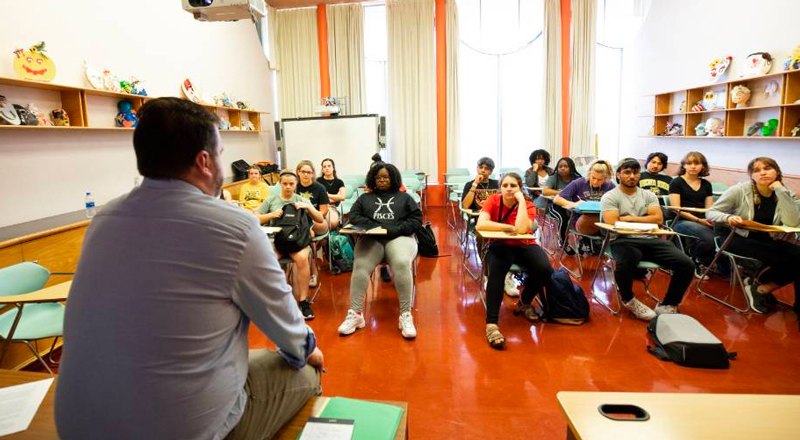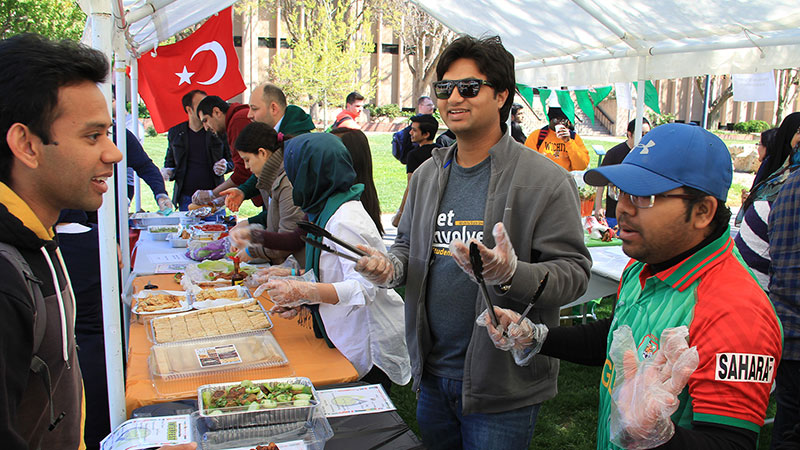Improving Human Motor Learning via Neuroimaging, Neuromodulation and Machine Learning
Thursday, March 2, 2023
Time:
Cost: Free
Event Contact
Anil MahapatroEmail: anil.mahapatro@wichita.edu
Location: Woolsey Hall, Room 134
Schedule
Seminar from 3:30 to 4:30 p.m. | Students Meet With Dr. Gao from 4:30 to 5 p.m.
Abstract
Motor performance is essential to the daily life of humans. The improvement of fine motor skills is critical in numerous fields, such as motor rehabilitation and skill-based training, as seen in stroke patients, athletics, aviation, driving, or surgery. We aim to improve motor skills using neuroimaging to monitor, neuromodulation to intervene and machine learning to model the brain activation. First, we investigated the potential of transcranial electrical stimulation (tES) in improving bimanual surgical skills (Fig. A). We performed a series of human subject studies to explore the effects of tES on the surgical task while monitoring by functional near-infrared spectroscopy (fNIRS). We found that transcranial direct current stimulation (tDCS) improves long-term skill acquisition in decreasing surgical error. The concurrently acquired fNIRS data, while medical students performed the surgical task, elucidated a correlation between cortical activations as reported by fNIRS with tES excitation and improved performance. Second, we explored the possibility of emulating the current standardized skill assessment metrics in a surgical motor task. To achieve this, a neural network structure, Brain-NET (Fig. B), was developed to extract information from fNIRS data acquired during the task execution for potentially fast and bedside implementation. Lastly, to further solve the problem of motion artifacts induced in this surgical task, we employed the denoising autoencoder (DAE) model (Fig. C) to remove the motion artifacts. This approach improved and speeded up the fNIRS data preprocessing workflow toward enabling real-time implementation.
Biography
Dr. Yuanyuan Gao gained her bachelor’s and master’s degrees in Engineering at Beihang University, and her Ph.D. degree at Rensselaer Polytechnic Institute in New York State. She studied the effects of neuromodulation on human motor behaviors using functional near-infrared spectroscopy for her Ph.D. research and has published numerous papers in journals such as IEEE TBME, frontiers in Neuroscience and Neurophotonics. After her Ph.D., she became a postdoctoral fellow at Boston University to pursue her research interests in advanced neuroimaging technologies in Dr. David Boas’ lab. Her research interests include human motor learning, neuroimaging, functional near-infrared spectroscopy, neuromodulation, and machine learning.






